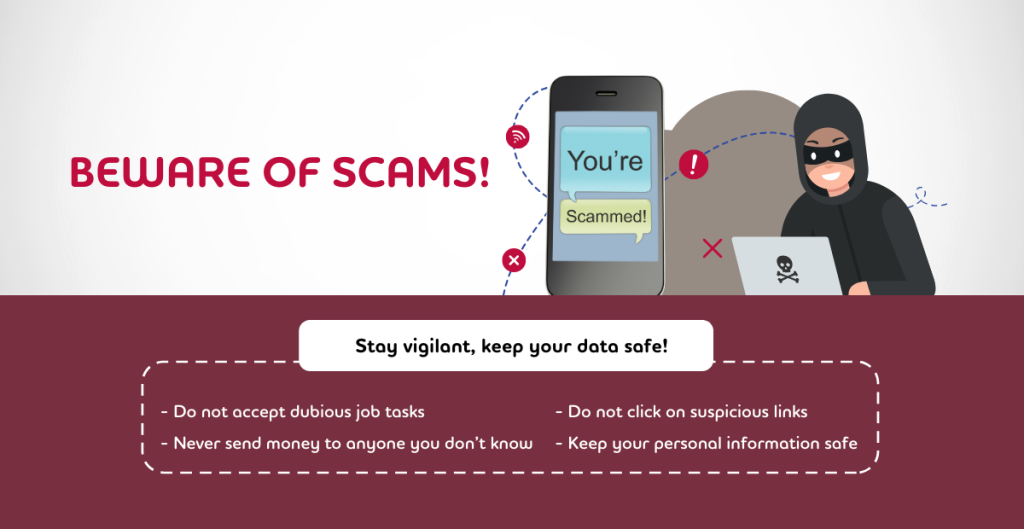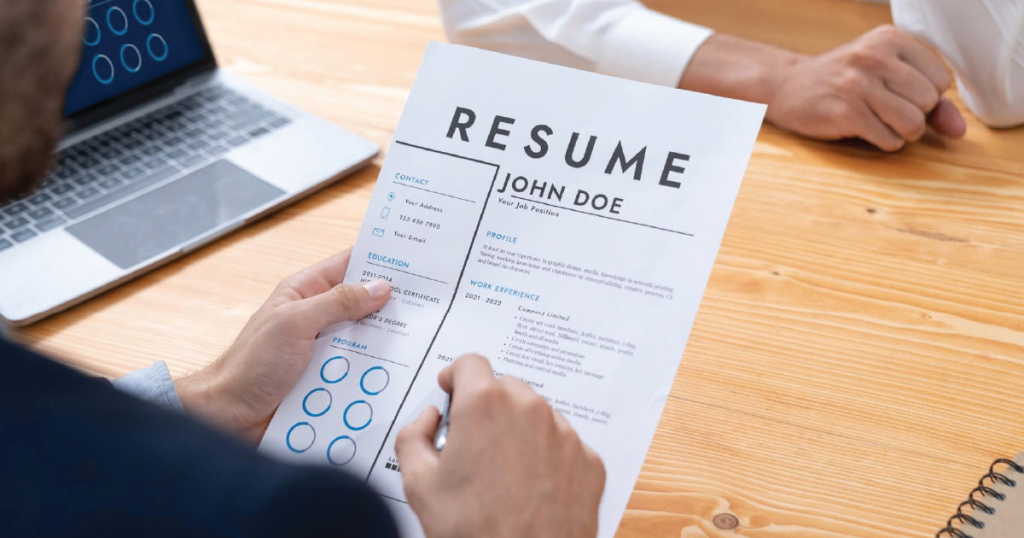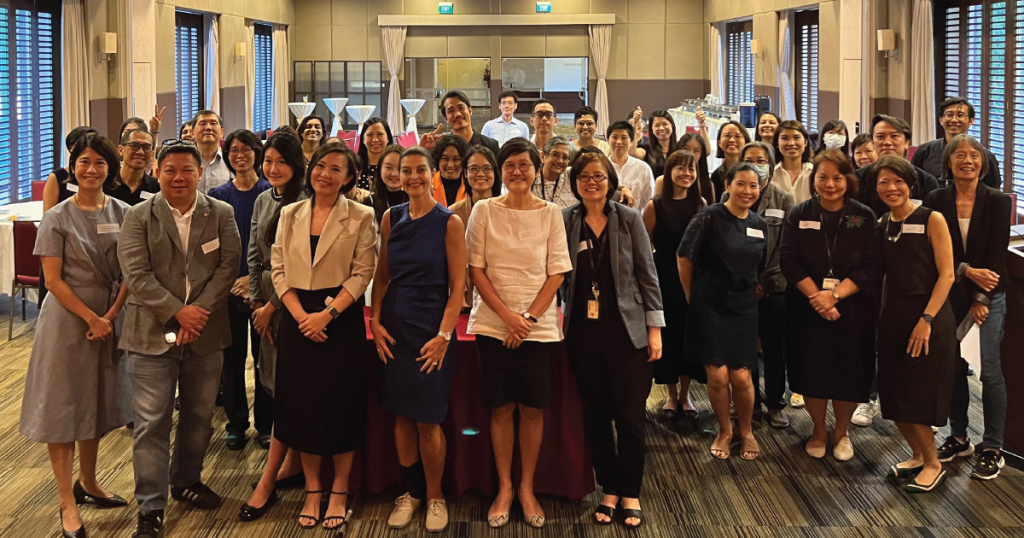
6 Important Tips On How You Can Organise Your Day To Not Feel Overwhelmed
The recent work- from-home revolution has given many of us more spare time, not least because we no longer have to commute to work every day. However, many employees have decided to use this saved time to work longer, reply to more emails and attend more virtual calls. This negatively impacts their mental health. Here are six tips on how to make working from home less taxing on you and your health.
One of the less talked about aspects of COVID-19 is that many of us have stopped commuting to work daily. For those able to, working from home (WFH) has brought benefits of not having to sit in traffic or piling onto crowded trains. The time saving is not insignificant; compared to the pre-pandemic era, we save on average 41 minutes a day by skipping our commute.
But as WFH has become more prevalent and the need to travel to work has decreased, the length of our workdays has expanded. The recent Harvard Business Review research shows that, for instance, managers clock in additional 56 minutes each workday. Thus, unlike their colleagues with no managerial responsibilities, they tend to use their newly-acquired time to work more instead of for personal benefit.
Much more extended workdays can have a negative effect on people’s mental health. Therefore, it is necessary to ensure that as our workdays become longer, we don’t get overwhelmed.
Why paying attention to mental health is important
Mental health matters and it matters for remote workers too! In the US, 80% of those surveyed would consider quitting their current position for a job that focused more on employees’ mental health. Moreover, some 75% of US workers have struggled at work due to anxiety caused by the current pandemic.
In another research, Oracle has found that 76% of people believe their employer should be doing more to protect their mental health, and 70% have named 2020 the most stressful year ever.
Undoubtedly, working from home has many benefits, but the pressure most of us are exposed to, as well as the need to quickly adjust to the new reality of having to work from home without the option of interacting with colleagues face-to-face, means that we need to become more resilient.
Here are six tips on how to work from home, reduce your stress levels and improve your mental health.
How to control your workday so that you’re not controlled by it
#1. Quality over quantity of interactions
Remote work has changed the way our managers manage, and workers work. The shift to WFH has affected how we communicate, including the quantity, type, and quality of interactions at work. According to HBR, trying to add more meetings and increase cooperation from the top down can backfire. Structured virtual watercoolers or centrally planned online forums can further overwhelm workers who have already adjusted to the new way of working in their individual ways. Instead of focusing on how many virtual meetings we attend, we should focus on the quality of those we do partake in. One suggestion would be to make better use of technology during the meetings. For instance, augmented and virtual reality could provide access to shared tools such as whiteboards, simulations, and share social spaces. Or even better, what if you don’t need to meet at all to collaborate better? Teams can sometimes get the same work done more quickly and conveniently when people collaborate via shared documents or Teams channels.
#2. Breaking tasks down and hiring AI digital assistants
Experts at Microsoft Research have been working hard to explore how technology can help workers break down large tasks into smaller, more manageable ones. Doing so would make people feel more accomplished, focus on their goals better and become more productive. On top of that, managers might be interested in exploring the option of hiring the so-called AI digital assistants such as those developed by Microsoft’s Cortana or Duplex. They can help managers schedule meetings, locate necessary information, and share access to resources.
#3. Book your meetings smartly
Staying with the issue of scheduling, how many times did you book your workday with meetings back to back, leaving no time for lunch or coffee breaks? By using smart scheduling tools, you can now make sure that all your meetings will end 5 or 10 minutes earlier, giving yourself (and others) a chance to stretch, grab some water or go for a quick walk. The power of short breaks should not be underestimated. To illustrate this point, creative strategist Sam Hennig has designed a Kit Kat ad which, while unofficial and not commissioned by the company itself, has struck the right cord and became viral.
#4. To switch or not to switch your camera on
Another way to ensure you don’t feel as tired at the end of your workday is to be selective with how often you switch your camera on when meeting virtually. Sure, switching the video the first time you’re meeting a colleague or a group can help build a connection but as Elliott Jenkin from Microsoft argues, “when you know the group, feel confident to say you’ve had enough camera time for one day and stick to audio only”. Similarly, to help others work around their schedule, make sure you record the meetings so that colleagues can interact in their own time.
#5. Fake your commute
Yes, commuting can be daunting, but did you know that more and more people are finding it difficult to structure their workdays without their morning and evening ritual of commuting? In fact, experts and academics advise people who work from home to fake their commutes to avoid burning out. A short walk around the block, driving downtown for coffee, or a few minutes on your bike could put a psychological barrier between your private and professional lives and improve your overall mental health.
#6. Give yourself a Feierabend
As Lauren C. Howe, Ashley Whillans and Jochen I. Menges from the University of Zurich explain, in Germany, the Feierabend is a daily evening celebration marking the moment when work is switched off for the day. This can be done by having a drink, calling a friend or just going for a walk. Whatever your own choice, these daily routines help you celebrate what you have accomplished during the day.
With these tips, you’ll be able to help yourself and others who are working remotely not to compromise your mental health while taking advantage of working from home.










